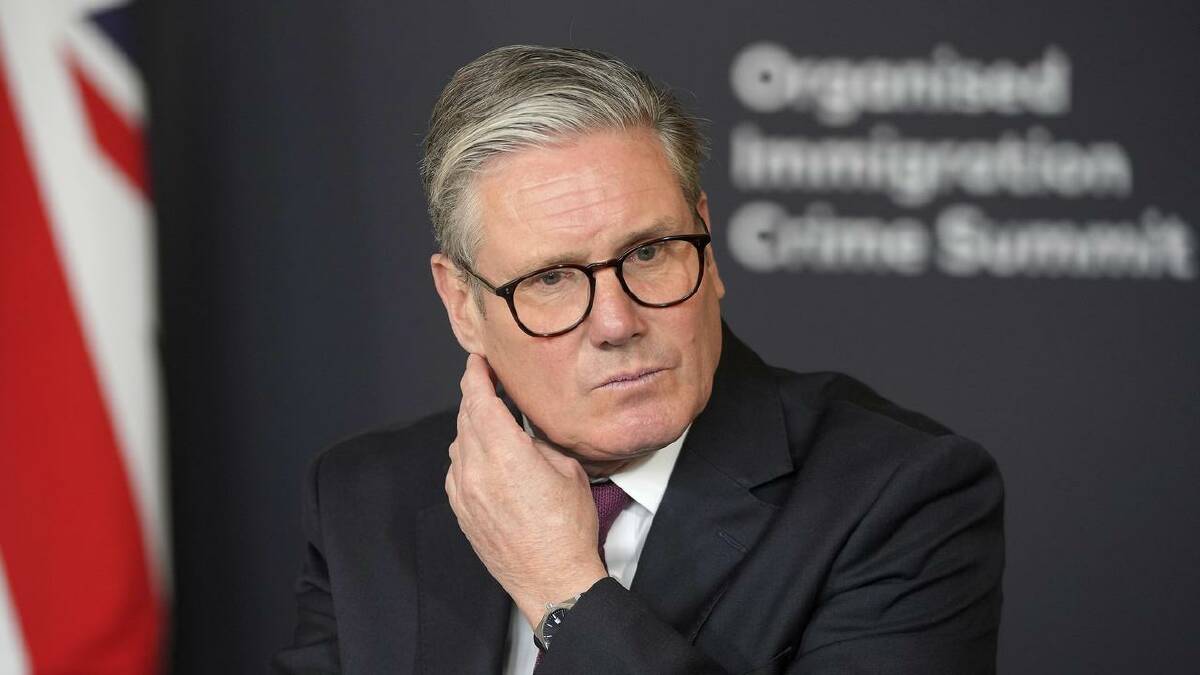
Farage puts pressure on the UK’s Starmer to tighten immigration laws
On Sunday, Prime Minister Keir Starmer unveiled a fresh round of reforms aimed at strengthening Britain’s immigration system, stating that many immigrants would have to wait longer to obtain the necessary status to be eligible for aid.
Starmer’s government is under pressure to thwart the growth of Nigel Farage’s right-wing, anti-immigration Reform UK party. The government is scheduled to release plans for new legislation to curb immigration on Monday.
Interior Minister Yvette Cooper unveiled measures over the weekend to limit skilled worker visas to graduate-level applicants, prohibit foreign recruitment by care sector companies, and mandate that companies provide more training for local workers.
“Every area of the immigration system, including work, family and study, will be tightened up so we have more control,” Starmer stated in a statement. “Enforcement will be tougher than ever and migration numbers will fall.”
Under the reforms, highly talented workers—such as nurses, doctors, engineers, and AI experts—would be expedited, but automatic settlement and citizenship for those who relocate to Britain will now apply after ten years instead of five.
Social housing and welfare payments are usually not available to migrants who are in the UK on a visa.
Additionally, the government announced that it intends to increase the English language proficiency standards for all adult dependents, requiring them to demonstrate a basic command of the language. It claimed that the modification would lessen the likelihood of exploitation and aid in integration.
“This is a clean break from the past and will ensure settlement in this country is a privilege that must be earned, not a right,” Starmer stated.
“And when people come to our country, they should also commit to integration and to learning our language,” he stated.
After Brexit, the number of European Union migrants to Britain declined precipitously, but new visa regulations, an increase in immigration from Hong Kong and Ukraine, and an increase in the net number of international students caused a general uptick in recent years.
In the year ending in June 2023, net migration—the sum of the number of persons entering and departing the country—recorded a record 906,000, up from 184,000 during the same period in 2019, when the UK was still a member of the European Union.
Groups representing employers are concerned that stricter regulations on foreign workers will make it more difficult for businesses to fill open positions.
According to Neil Carberry, CEO of the Recruitment and Employment Confederation (REC), “many employers will be afraid that in addressing immigration concerns, the government goes after the wrong target” as a result of this significant labor market interference.
“But so is a controlled, affordable and responsive immigration system that keeps investment flowing to the UK,” Carberry said, adding that Britain must be accessible to skilled workers.
All Categories
Recent Posts
Tags
+13162306000
zoneyetu@yahoo.com



